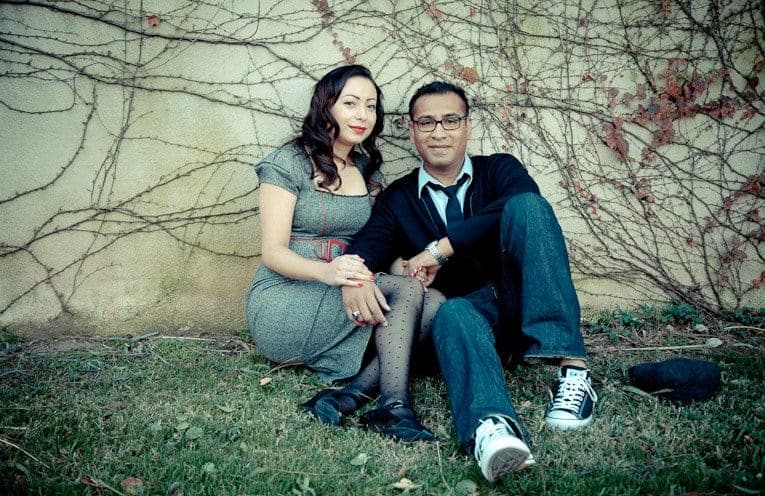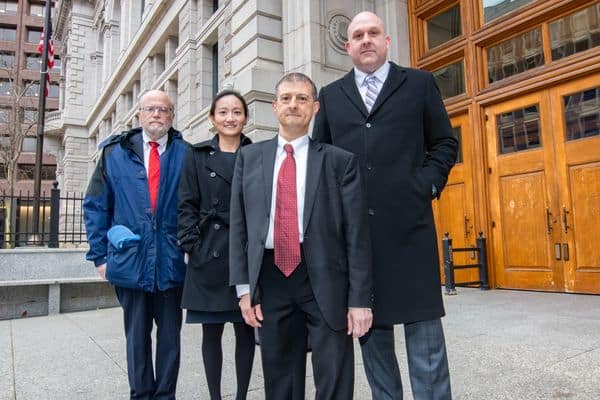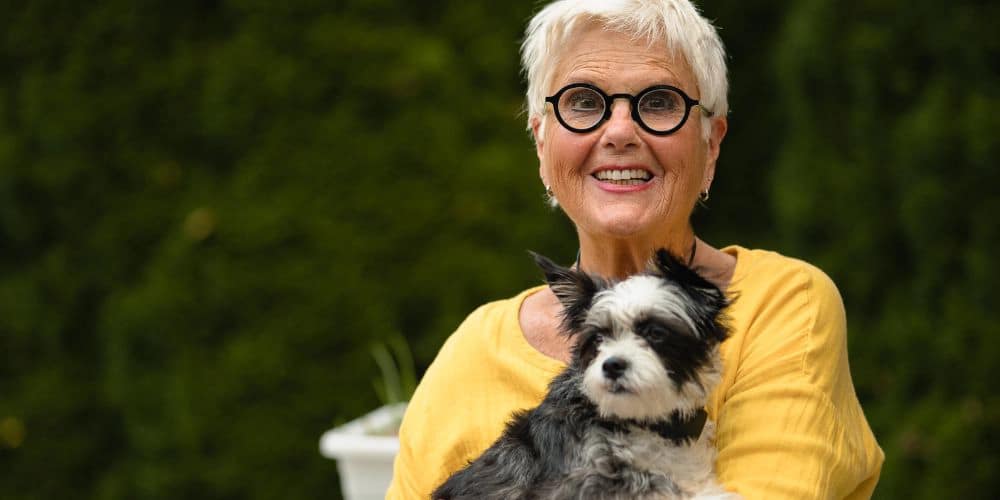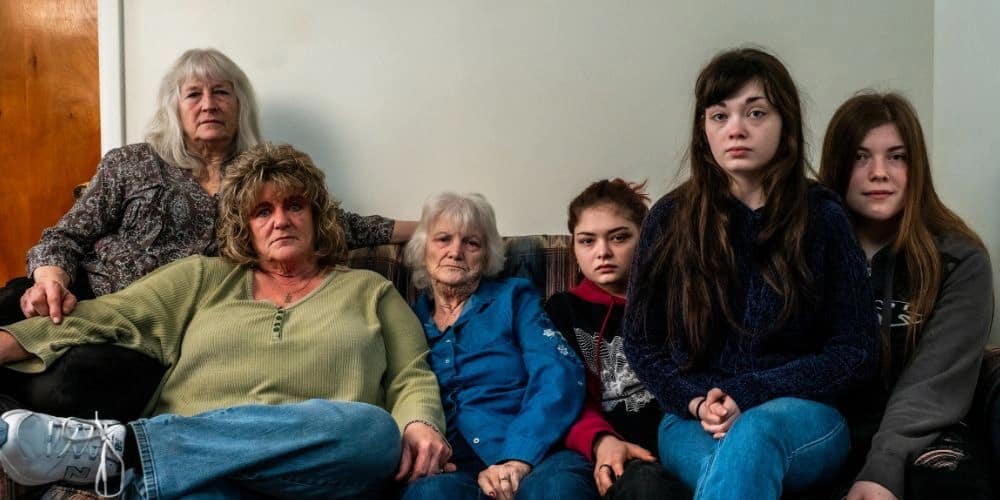Everyone deserves to face life’s final chapter with dignity, clarity and control. Compassion Legal—the End-of-Life Justice Center at Compassion & Choices—is the nation’s first nonprofit law firm solely dedicated to advancing patient rights at the end of life. Whether you are navigating your own care, advocating for someone you love, or seeking to shape the future of healthcare, Compassion Legal is here to help.
We are a team of expert staff attorneys and pro bono partners who work at the intersection of law, medicine, and patient-directed care. From medical aid in dying and advance care directives to healthcare refusals and systemic accountability, we ensure that your decisions are honored and your values respected.
Choose the path that’s right for you:

For Individuals & Loved Ones

For Attorneys & Professionals
If you or someone you love is struggling to get the care you want and deserve, we are here to help. Call us today, or use our legal intake form.

Note: We are not a general legal services provider. We focus on legal issues specifically related to end-of-life care and patient autonomy.



Our experienced team of litigators work closely with our pro bono counsel to enforce and expand the rights of terminally ill people. Through our work in the courts, we fight to ensure that everyone can receive high-quality end-of-life care that is in line with their values, wishes and beliefs. In every case we are involved in, Compassion & Choices’ dedicated legal team prioritizes and seeks to advance patient-directed care.
Your tax-deductible donation allows Compassion & Choices to advocate for and empower everyone to chart their end-of-life journey. Every dollar makes a difference.
A federal judge in Delaware today denied the request of a coalition of plaintiffs to temporarily block the Ron Silvero/Heather Block End-of-Life Options Act (EOLOA) from taking effect on January 1, 2026
Compassion Legal: The End-of-Life Justice Center at Compassion & Choices filed a motion to intervene on behalf of two Delaware residents and Compassion & Choices Action Network in response to a complaint filed December 8
Governor Kathy Hochul’s announcement today, that she intends to sign the Medical Aid in Dying Act (A.136/S.138) – subject to chapter amendments – next month, will make New York the 14th U.S. jurisdiction to authorize this compassionate end-of-life option.
Mail contributions directly to:
Compassion & Choices Gift Processing Center
PO Box 485
Etna, NH 03750
Compassion & Choices is a 501 C3 organization. Federal tax number: 84-1328829